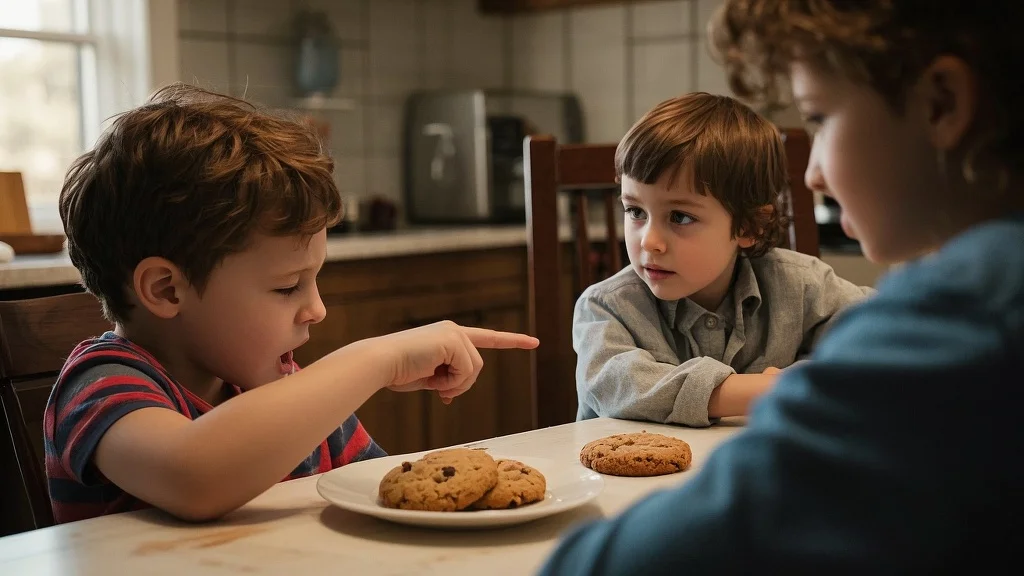What does research say about FAFO parenting — and when do natural consequences work most effectively? From developmental psychology to real-world studies, evidence continues to shape our understanding of how children learn best through experience.
🔬 Foundations in Child Development and Learning Theory
1. Natural and Logical Consequences Are Rooted in Behavioral Science
Studies show that children learn cause-effect relationships more deeply when they experience outcomes directly rather than through instruction alone. Natural consequences (e.g., feeling cold after refusing a coat) provide immediate and tangible feedback. Logical consequences—calmly applied and directly related to the behavior—rein accountability without resentment.
2. Autonomy Supports Psychological Development
Research in self-determination theory emphasizes that children need autonomy to develop intrinsic motivation, competence, and emotional regulation. FAFO parenting aligns with this by encouraging kids to make choices and learn from the results—within clear and safe boundaries.
3. Experiential Learning Trumps Passive Instruction
Learning by doing has long been endorsed by educational theorists like John Dewey. Hands-on experience improves retention, problem-solving skills, and adaptive thinking. FAFO puts this principle into daily practice.
👩🏫 What Experts and Studies Say
Benefits of FAFO Done Right:
- Builds independence and critical thinking.
- Strengthens emotional resilience by normal setbacks and recovery.
- Encourages responsibility and self-regulation.
When It Works Best:
- With school-aged children and teens who can understand cause and effect.
- When consequences are immediate and understandable.
- When followed by supportive dialogue—e.g., “What did you learn? How will you handle it next time?”
Important Limitations:
- Not suitable for very young children (toddlers lack cognitive ability to connect actions to delayed outcomes).
- Less effective for highly sensitive or neurodiverse children who may need more predictability and co-regulation.
- Should never be used in situations involving safety, emotional trauma, or shame.
⚖️ Balancing Consequence with Connection
FAFO is not about letting kids fail alone—it’s about guided discovery. Leading parenting experts emphasize:
- Consequences must be delivered with empathy, not criticism.
- Parents should provide a “secure base” from which children can explore and return.
- The goal is learning, not punishment.
As one child psychologist put it:
“It’s not ‘you’re on your own,’ but ‘I’m here with you as you figure it out.’”
🧠 Science-Backed Tips for Applying FAFO
- Start small: Let kids make low-stakes choices (e.g., picking clothes, spending allowance).
- Talk after the fact: Use open-ended questions to help them reflect.
- Model adaptability: Share your own mistakes and what you learned.
- Combine with warmth: Never let consequences replace emotional support.
✅ Conclusion: FAFO—When Used Wisely—Builds Real Resilience
Evidence suggests that children raised with appropriate autonomy and natural consequences tend to develop:
- Stronger problem-solving abilities
- Better emotional coping skills
- Greater confidence in handling uncertainty
The key is balance: FAFO parenting isn’t a substitute for guidance—it’s a way of making guidance more experiential and empowering.








